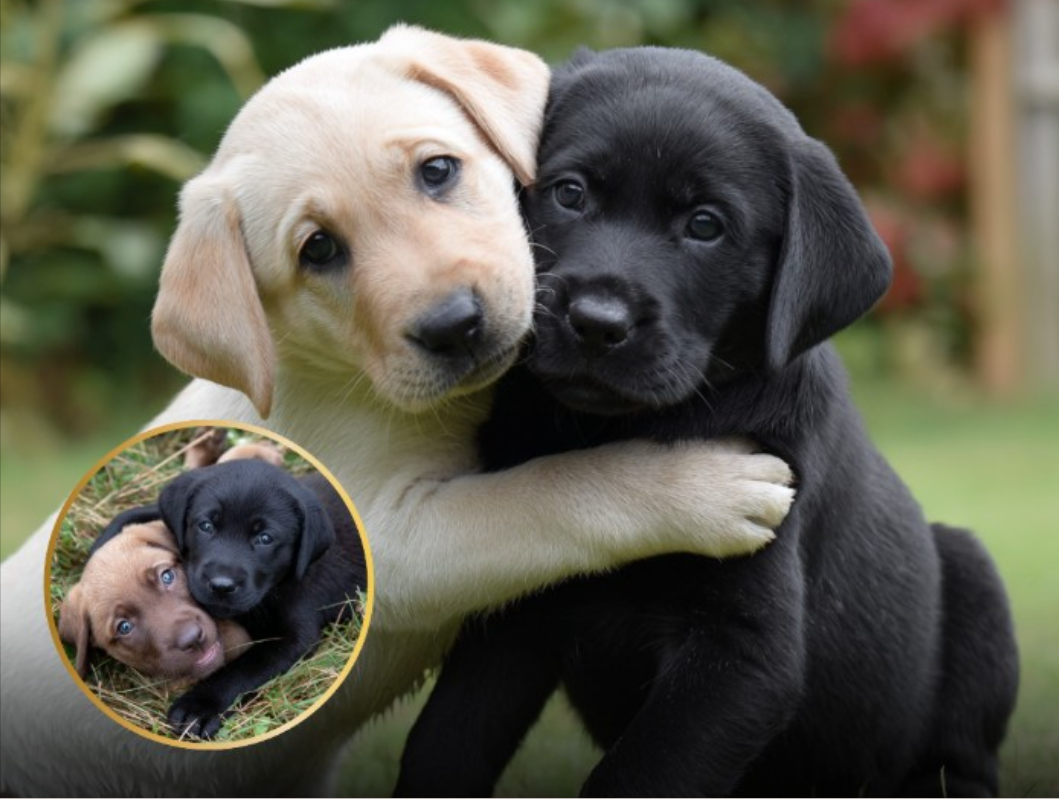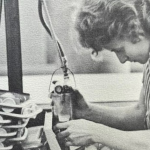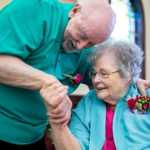Play to Connect: What Puppies Teach Us About Kindness

In the world of young puppies, playtime is more than just fun—it’s a chance to learn, bond, and grow. Observations have shown that sometimes, boy puppies hold back when playing with their sisters. Even if they are physically stronger, they will roll over, slow down, or even let their sisters “win” during play. This gentle behavior isn’t weakness—it’s a special act of kindness known as self-handicapping. It shows how even the smallest animals can understand the importance of fairness and friendship.
Self-handicapping allows both puppies to stay engaged in play. Instead of using their strength to dominate, the stronger pups adjust their behavior so the game can continue in a balanced and safe way. This teaches valuable social skills, such as cooperation, empathy, and respect. It also helps build trust between the puppies, strengthening their bond as siblings and future pack members. Through playful give-and-take, they learn how to live together peacefully.

What’s remarkable is that these behaviors aren’t taught—they seem to come naturally. Even at a young age, puppies show that play isn’t about winning or being the best. It’s about creating a shared experience where everyone feels included. Scientists say that play like this helps develop emotional intelligence, teaching young animals how to read each other’s signals and respond kindly. In a way, puppies instinctively know that connection matters more than competition.
This simple act of self-handicapping reminds us of something powerful: kindness builds stronger relationships than dominance ever could. Whether it’s a puppy rolling over for its sister or a child sharing a toy, these small choices shape how we connect with others. From the animal world to our own lives, play can be a gentle teacher—and the lesson is clear. Sometimes, choosing to hold back is the most loving move of all.











